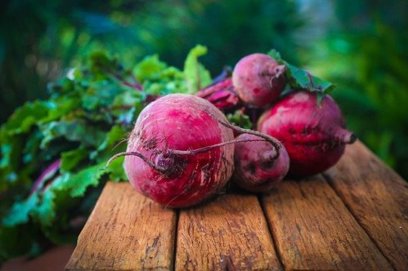Shemitah, Chapter 8: Ne'evad and Shamur Prohibitions

Eating produce from land that was worked or guarded during shemitah. Chapter 8 of the Shemitah Consumer's Guide.
- It is permissible to eat fruit from fruit trees that grew during shemitah as a result of prohibited actions (=working the land, ne'evad) performed during the shemitah year, even on land not sold to a non-Jew.[1] However, vegetables that grew in a prohibited fashion are forbidden to eat due to the sefichin prohibition, as stated above in Chapter 7 A.
- It is permissible to eat fruit that was guarded (shamur) and not rendered ownerless by the grove owner, even on land that was not sold to a non-Jew.[2]
- However, in both above cases, it is forbidden to aid transgressors and purchase their fruit that grew in a forbidden manner.[3] It is only permissible to purchase fruit from growers who cultivate the fruit in permissible methods:[4] either through heter mechirah,[5] or by employing the heterim used with otzar beit din.
[1] Rambam 4: 15; Chazon Ish §10:6. See also Shabbat Ha'aretz 4:1 §1, 15 §2, that some are stringent even with fruit.
[2] Rashi, Yevamot 122a, s.v. shel azikah. Mishnat Rabbi Akivah (who passed away in Jerusalem, 5682 [1921]) §4 attests that the custom in Jerusalem was to be lenient with guarded fruit. This is the ruling of Rabbi Eliahu. See also Shabbat Ha'aretz 4:1 §2.
[3] Rambam 8:14; Shabbat Ha'aretz, ibid. §1; Chazon Ish §10:5, s.v. ubeito; §10:6, s.v. veyeish.
[4] Mabit I §21. See also Shabbat Ha'aretz 8:14 §7.
[5] Minchat Shlomo §44–45 writes that even someone who holds that a field sold to a non-Jew retains its shemitah sanctity can nevertheless purchase such produce, since the farmer and grocer are following their rabbi's guidelines.




